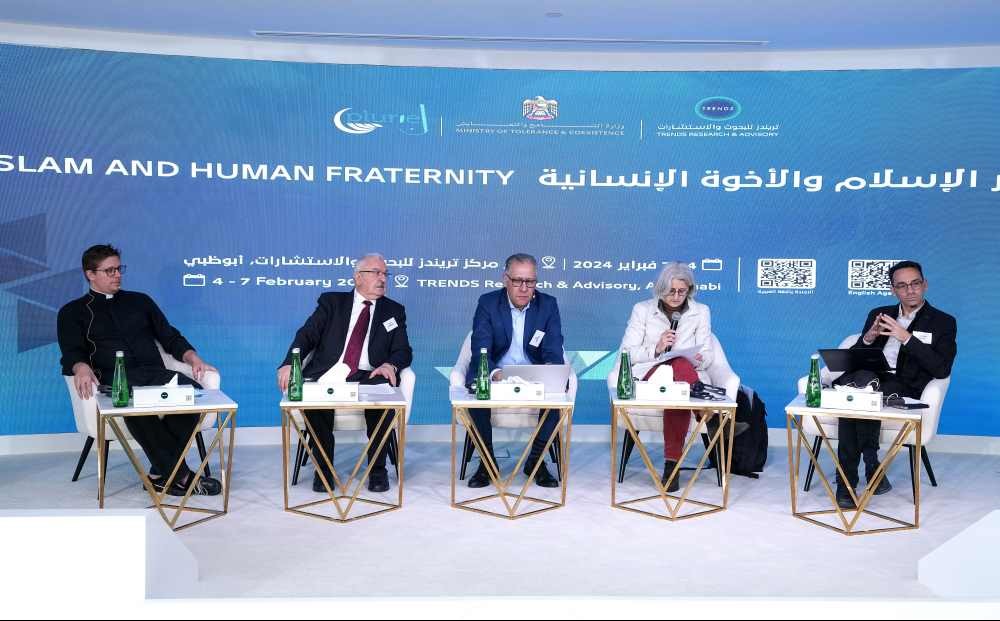Urgent
Kuwaiti Emir signs decree reshuffling cabinet
 Abu Dhabi Dialogue 2026 member countries discuss enhancing workforce skills, productivity
Abu Dhabi Dialogue 2026 member countries discuss enhancing workforce skills, productivity
 World Laureates Summit opens, convening global scientific leaders
World Laureates Summit opens, convening global scientific leaders
 NASA delays Artemis II crewed moon mission due to weather
NASA delays Artemis II crewed moon mission due to weather
 GCC countries record advanced performance in economic, population, energy indicators: GCC-Stat
GCC countries record advanced performance in economic, population, energy indicators: GCC-Stat
 UAE, Austria explore ways to boost trade, investment ties
UAE, Austria explore ways to boost trade, investment ties
 ISPOR conference sets new standards for evidence-based healthcare policies in UAE
ISPOR conference sets new standards for evidence-based healthcare policies in UAE
 Cyber Security Council calls for reporting fraudulent messages
Cyber Security Council calls for reporting fraudulent messages

 Abu Dhabi Dialogue 2026 member countries discuss enhancing workforce skills, productivity
Abu Dhabi Dialogue 2026 member countries discuss enhancing workforce skills, productivity
 World Laureates Summit opens, convening global scientific leaders
World Laureates Summit opens, convening global scientific leaders
 NASA delays Artemis II crewed moon mission due to weather
NASA delays Artemis II crewed moon mission due to weather
 GCC countries record advanced performance in economic, population, energy indicators: GCC-Stat
GCC countries record advanced performance in economic, population, energy indicators: GCC-Stat
 UAE, Austria explore ways to boost trade, investment ties
UAE, Austria explore ways to boost trade, investment ties
 ISPOR conference sets new standards for evidence-based healthcare policies in UAE
ISPOR conference sets new standards for evidence-based healthcare policies in UAE
 Cyber Security Council calls for reporting fraudulent messages
Cyber Security Council calls for reporting fraudulent messages











Comments